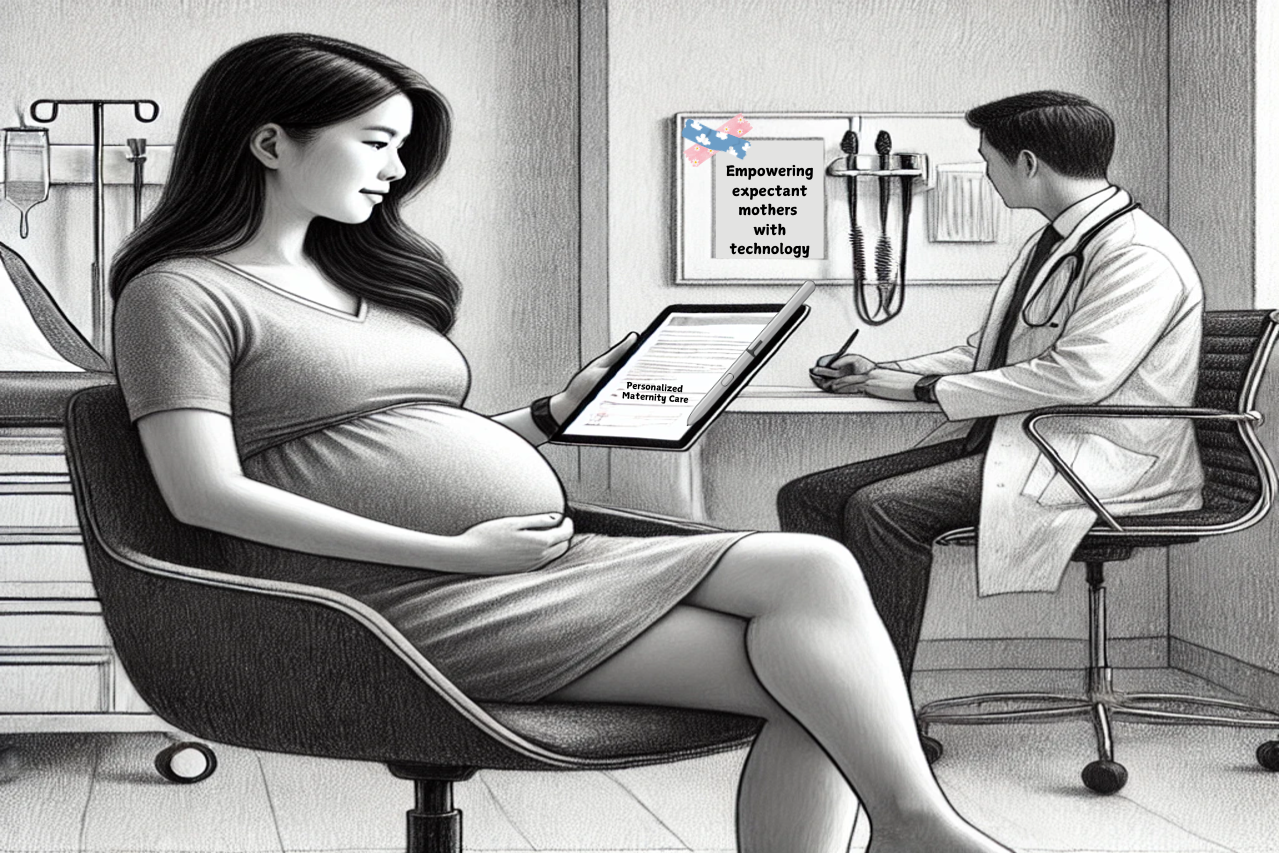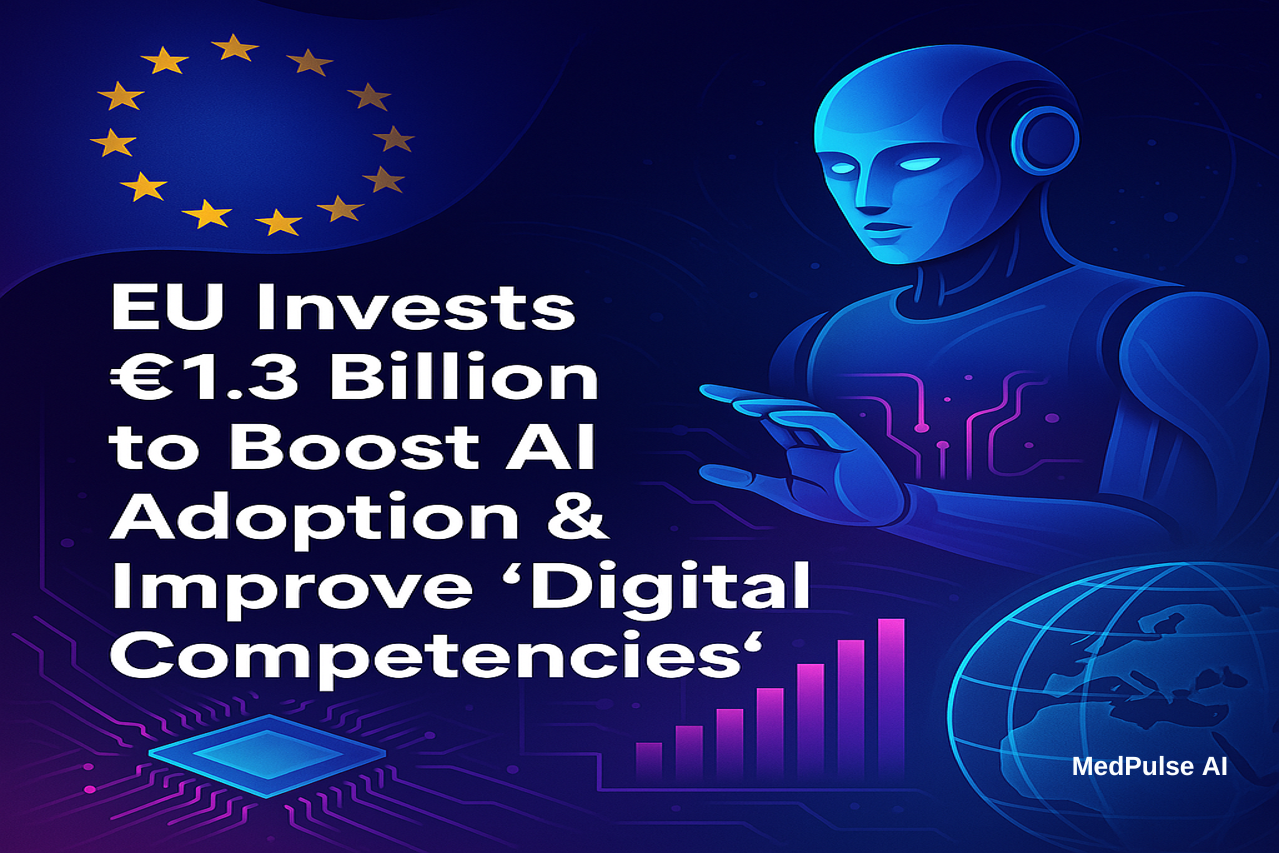A recent review of AI and clinical software tools highlights the positive impact of these technologies on maternal healthcare, suggesting that women are more likely to receive improved, personalized care during pregnancy in facilities where AI and Clinical Decision Support Systems (CDSS) are implemented. The study, published in eClinicalMedicine, analyzed over 12,000 papers and 87 key studies to explore the role of AI in improving maternal care outcomes.
A meta-analysis within the review, covering 35 studies, found that the likelihood of improved maternal outcomes was 1.69 times higher when CDSS was employed, with data collected from over 5.2 million pregnancies spanning high-income and low- to middle-income countries.
Urgency of AI in Maternal Health
Globally, maternal mortality remains a pressing issue, with the World Health Organization estimating that approximately 295,000 women die annually due to complications related to pregnancy and childbirth, predominantly in low-resource settings. AI-powered CDSS could help bridge these gaps by enabling timely, data-driven decisions.
As the UK government pushes for a digital transformation within the National Health Service (NHS) to enhance care and cut costs, experts stress that CDSS will be integral to this shift. Neil Cockburn, Health Informatics Research Fellow at the University of Birmingham, emphasizes the importance of continuous evaluation to ensure these systems fulfill their intended purpose: “Systematic, rapid evaluation is essential to keep pace with technological advancements and confirm the tools’ effectiveness in clinical settings.”
Applications of CDSS in Maternal Care
The research team, comprising experts from the University of Birmingham, Birmingham Health Partners, Keele University, Warwick University, and Shrewsbury and Telford Hospitals NHS Trust, examined nearly 50 CDSS types across 49 high-income and 38 low- and middle-income countries. They found that most implementations positively influenced maternal health outcomes, albeit with variations based on local healthcare infrastructure and training.
Several case studies highlight CDSS’s capabilities in supporting personalized care decisions:
- Vaginal Birth After Cesarean (VBAC) Decision Tool: In a study led by the University of Bristol, a CDSS helped women consider the risks and benefits of VBAC, empowering them with personalized information that contributed to a more confident decision-making process and a reduction in unnecessary C-sections.
- Ectopic Pregnancy Risk Prediction: At Tommy’s National Centre for Miscarriage Research, a CDSS identified women at low risk for ectopic pregnancy, potentially reducing complications by guiding appropriate early intervention.
These examples illustrate the potential of CDSS not only to support clinicians but also to empower patients, making it easier for them to understand the risks and benefits associated with various care pathways.
Advancements in AI for Maternity Care
The recent development of machine learning models capable of real-time analysis has expanded CDSS applications in maternal health. AI algorithms can now help monitor fetal health, predict preterm labor, and identify high-risk pregnancies, allowing healthcare providers to intervene sooner. As CDSS technologies evolve, experts anticipate broader adoption and refined algorithms that adapt to diverse patient needs and clinical scenarios.
Challenges and Considerations
While CDSS has significant potential, challenges remain. AI algorithms trained on limited or biased datasets may not perform consistently across different patient populations, risking inaccuracies. Additionally, effective use of CDSS requires adequate training for healthcare providers, which is often lacking in resource-constrained settings. Addressing these challenges will be critical to maximizing CDSS’s impact globally.
Future Directions
With this review marking the first systematic assessment of CDSS in maternal healthcare, researchers hope it will spark continued evaluations and improvements in CDSS applications. Future developments could include integrating CDSS into national healthcare frameworks, allowing for more comprehensive data sharing and real-time updates, which could further elevate maternity care quality worldwide.
Patient-Centered Outcomes
Beyond improved clinical outcomes, CDSS adoption may enhance patients’ experience by reducing anxiety and promoting more informed choices. By facilitating a clearer understanding of risks and options, CDSS can help women feel more in control of their healthcare journey—a benefit that may resonate deeply in maternity care.
This pivotal research underscores CDSS’s transformative potential in maternity care, offering a pathway to safer, more personalized, and effective pregnancy care across diverse healthcare settings.
Are you interested in how AI is changing healthcare? Subscribe to our newsletter, “PulsePoint,” for updates, insights, and trends on AI innovations in healthcare.




